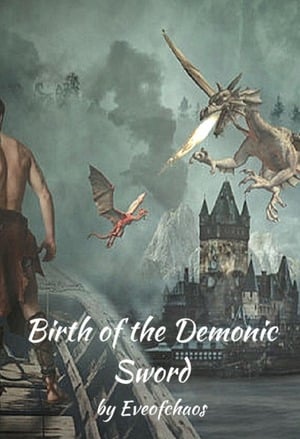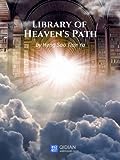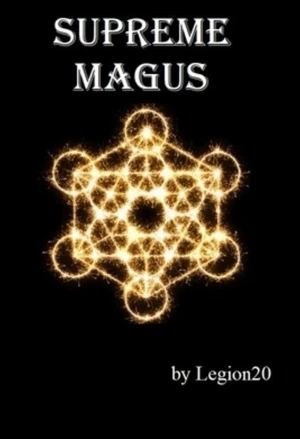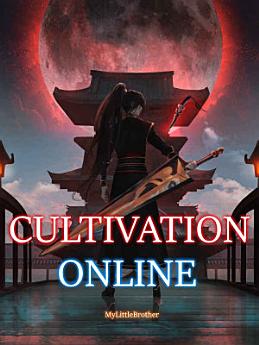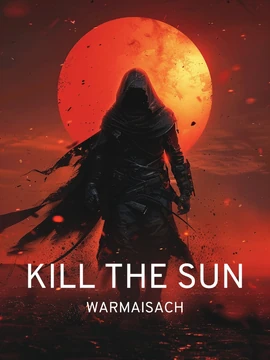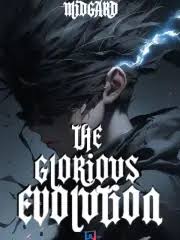The Story in 3 Sentences
A man from Earth dies and transmigrates into the body of Noah Balvan, a disgraced young noble in a vast world of cultivators, where he must navigate a brutal clan structure that sees him as expendable.
Refusing to accept his fate as a pawn, Noah forges his own path by embracing a demonic cultivation method, ruthlessly sacrificing everything to gain the power needed to seize his freedom and control his own destiny.
His solitary journey evolves into a monumental struggle against the very heavens, challenging divine authorities, ancient legacies, and the foundational laws of the world to ultimately become a primordial force of destruction and creation.
Why It Stands Out
1. The Ultimate Anti-Hero Power Fantasy
Noah’s characterization is a masterclass in consistent, ruthless ambition; he is not a hero seeking justice but a villain protagonist focused solely on his own growth and survival, offering a refreshing and brutally pragmatic perspective rarely seen in the genre where morality is a weakness to be discarded.
2. A Solitary Path Forged in Blood
The novel completely subverts the typical clan and sect reliance trope, as Noah operates almost entirely alone, relying on his own wits, his demonic sword, and a unique symbiotic relationship with his beast companion, creating a tense and isolating narrative where every alliance is temporary and every gain is taken, not given.
3. A System of Unending Evolution
The power system is a highlight of relentless progression, where Noah’s Demonic Form and his sentient weapon constantly evolve through consumption and battle, ensuring that his strength feels earned, dynamic, and visually spectacular without ever hitting a plateau, pushing the boundaries of power scaling to cosmic levels.
Characters That Leave a Mark
There’s June – a powerful expert from the Hive who becomes Noah’s most persistent and complex rival, a woman whose own thirst for battle and evolution mirrors his own, creating a twisted relationship built on mutual respect, violent clashes, and a deep understanding that transcends mere alliance or enmity.
You’ll meet Faith, the unwavering leader of the Chasing Demon sect who recognizes Noah’s monstrous potential and provides a crucial, if distant, platform of limited support, representing one of the few figures who can interact with him on near-equal terms without attempting to control or be destroyed by him.
And Divine Demon? They’re the one who exists as the terrifying legacy of a fallen expert, a chaotic and immense consciousness that becomes a critical source of power and knowledge for Noah, embodying the very demonic might he seeks to master and representing the colossal risks of the path he has chosen.
The Flaws Fans Debate
The novel’s extremely solitary focus and lack of meaningful, lasting interpersonal relationships can make the narrative feel emotionally sterile and repetitive for some readers, who crave more character interaction beyond transactional exchanges and violent confrontations.
A common point of criticism is the story’s pacing in its final phases, where the scale escalates to a cosmic level so quickly that some readers feel a disconnect from the grounded struggle of the earlier chapters, arguing that the ending, while epic, feels somewhat rushed compared to the meticulous build-up.
The protagonist’s utter lack of moral compass and his purely self-centered goals, while consistent, can be a barrier for entry for readers who prefer protagonists with at least a shred of loyalty or a cause beyond their own personal power.
Must-Experience Arcs
Ch. 1–200: The Rejection of Fate – The foundational arc where Noah is reborn, endures the humiliation of the Balvan family, and defiantly begins his demonic cultivation, culminating in his escape from the clan and his first major evolution, establishing his core philosophy of absolute independence.
Ch. 800–1100: The Otherworldly Invasion – A massive-scale war where the human world is invaded by other dimensional forces, forcing Noah to navigate the chaos not as a defender but as a predator, seizing opportunities to devour new energies and solidify his power amidst the continent-wide conflict.
Ch. 2000–2364: The Ascension Beyond Heaven – The epic final saga where Noah transcends the known world, challenges the divine authorities in the higher realms, and fully integrates his power to become a new primordial entity, rewriting the laws of the universe to secure his ultimate freedom.
Killer Quotes
“I don’t want to be a hero. I want to be the demon that even heroes fear.”
“My sword doesn’t care about justice. It only cares about what it can devour.”
“They called my path demonic. I called it freedom. The only sin in this world is weakness.”
Cultural Impact
The novel has garnered a dedicated cult following for its uncompromising villain protagonist, often being cited in online forums as the gold standard for well-executed evil MCs who stay true to their nature from start to finish.
Fans frequently create content and discussions centered around Noah’s iconic Demonic Form and the evolutionary stages of his sentient weapon, debating their favorite transformations and the sheer scale of power he achieves in the later chapters.
The story is often recommended to readers who enjoyed novels like “Reverend Insanity” but desired a different approach to a ruthless main character, solidifying its place as a staple recommendation within the dark cultivation subgenre.
Final Verdict
Start Here If You Want:
A protagonist who is genuinely, consistently ruthless and self-serving, operating without pretense of heroism or a hidden heart of gold, providing a dark power fantasy from beginning to end.
A power system focused on endless evolution through consumption and battle, where the main character’s strength and form are constantly changing and adapting in visually creative and spectacular ways.
A story that emphasizes absolute solitude and independence, where the MC relies on no one but himself and his own power, forging a path entirely separate from clans, sects, or traditional power structures.
Study If You Love:
The ruthless pragmatism and solitary pursuit of power found in Fang Yuan from “Reverend Insanity” or the dark ambition of Leylin Farlier from “Warlock of the Magus World.”
Cultivation stories where the protagonist creates or follows a unique, often heretical path of power that sets them against the world, similar to Han Jue from “Top Tier Providence” or Wei Wuyin from “Journey of the Fate Destroying Emperor.”
Stories with a strong focus on a single, evolving weapon bound to the protagonist’s soul and growth, reminiscent of themes in weapon-centric xianxia or wuxia narratives.
Avoid If You Prefer:
Stories with meaningful friendships, loyal companions, romantic subplots, or any form of traditional heroic idealism; this is a solitary and cynical journey.
Power fantasies where the protagonist protects a clan or nation; Noah’s only allegiance is to himself and his own evolution.
Narratives that maintain a grounded scale; this story eventually escalates to universe-breaking levels of power and cosmological conflict.
